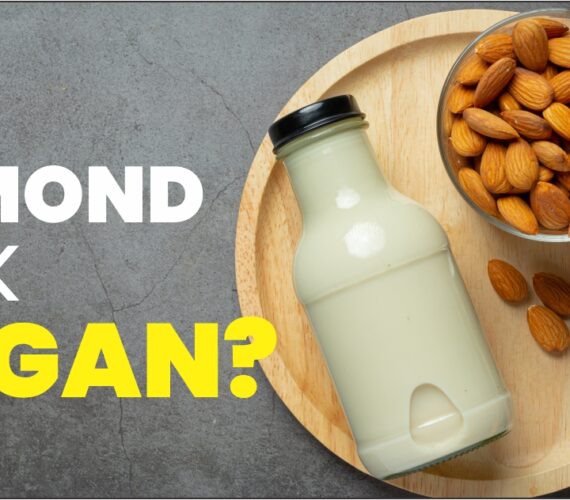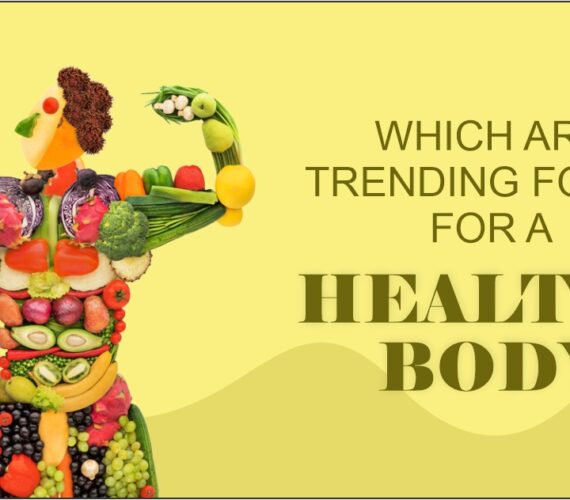Introduction
The debate surrounding vegetarianism and non-vegetarianism has been ongoing for decades. While non-vegetarian diets are popular and widely consumed across the globe, there are certain disadvantages of eating non veg food like meat and other animal-derived products. This article aims to shed light on the various drawbacks of a non-veg diet, addressing health concerns, ethical considerations, environmental impact, and more.
How eating non veg can harm your health?
The disadvantages of Eating a non veg food diet are common in winter; in winter, many people enjoy the taste and variety of chicken and other animal products. However, recent research has shown that consuming non-veg food may have a negative impact on health. We are here to explore how eating non-veg harms you and its potential risks by eating with a diet high in animal products.
Nutritional implications of non-veg diet
Mostly meat, and dairy food products are often high in fat and cholesterol. These can lead to an increase in LDL cholesterol levels, which is a risk of heart disease. In fact non, veg is low in fiber, which is not good for our digestive health and not to maintain a healthy weight.
Health risks associated with non-veg consumption
Consuming a high diet of non-veg has increased the risk of being linked with heart disease, Stock, and some types of cancer. Especially Red meat has been identified as carcinogenic by the World Health Organization, which is the main cause of heart disease. Also, handling and preparing non-veg food may increase the risk of foodborne illnesses like salmonella and Escherichia coli.
There are so many disadvantages of eating non veg food.
- High Cholesterol Levels
- Increased Risk of Heart Disease
- Digestive Issues
- Risk of Foodborne Illnesses
Environmental impact of non-veg diet
By eating non-veg food, we saw there are some potential health risks that also have a significant impact on the environment. Meat and non-veg food products contribute to deforestation, water usage and pollution. This May, livestock farming is a major source of greenhouse gas emissions, making a non-veg diet and a contributor to climate change.
There are some more list of impact of environment.
- Deforestation and Habitat Loss
- Greenhouse Gas Emissions
- Water Consumption and Pollution
Ethical Considerations
There are so many ethical consideration things which are effect while eating non vegetarian food.
- Animal Welfare Concerns
- Contribution to Factory Farming
- Antibiotic Resistance
Best Alternatives for non-veg diet
Thankfully, there are plant-based and protein-source food products that provide you with all the necessary protein and nutrients which important for a healthy diet. Beans, lentils, tofu, and Vezlay Vegan Food are excellent sources of protein and can be incorporated into a variety of dishes. A vegetarian or vegan diet has been shown to have numerous health benefits, including lower rates of heart disease and cancer.
If you are switching to plant-based diet, it does not have to be difficult. Start it slowly to reduce your intake of non-veg food consumption, and try some new plant-based food product recipes. You may be surprised at how delicious and satisfying a non-veg-free meal can be.
Common Misconception
Costly :-There is a huge misconception that non-veg food is cheap, buy you can find vegan food is cheaper than non-veg food.
Protein Intake :- One common misconception about vegetarian diets is the inadequate protein intake. However, plant-based sources like soya, nuts, seeds, and tofu can provide more protein more than non-veg.
Conclusion
The consumption of non-veg food may have a negative impact on your life and environment. By reducing your intake of non-veg food products and incorporating more plant-based foods, you can improve your health and reduce your carbon footprint. While non-vegetarian diets are popular and enjoyed by many, they come with several disadvantages of eating non veg food that individuals should consider. Health risks, environmental impacts, ethical concerns, and nutritional considerations are all factors that contribute to the ongoing debate about vegetarianism. Embracing a vegetarian or plant-based lifestyle can provide numerous benefits for both individual health and the planet.
FAQ's
- Is there any disadvantages of eating non veg?
There is huge disadvantages of eating non veg like this impact on your healthy life, cose of increasing heart disease, and cause of increase carbon footprints. - How does non veg affect skin?
In researchers reported that people who regularly eat meat are more likely suffering from face acne and hirsutism. - Is it safe to eat non-veg daily?
The meat chunks do not get digested easily and therefore get clogged into the arteries of the heart. The arteries carry blood from the body to your heart. - Is Veg better or non-veg?
Veg food can be one of the healthiest ways to eat, because we know plant foods are loaded with nutrients to protect our health.
5. How do I quit non-veg?
If you want to quit from eating non veg food so you have firs try to reduce it slowly and try to choose some related food products which are same taste like non veg but pure veg food. Like Vezlay food products are.








